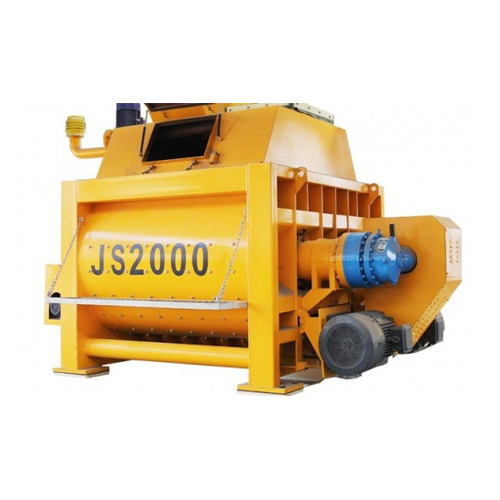broiler cages
Oct . 30, 2024 22:24 Back to list
broiler cages
Broiler cages have become an essential aspect of modern poultry farming, particularly in the production of broiler chickens. These cages, designed specifically for the intensive rearing of broilers, play a crucial role in maximizing space efficiency and ensuring optimal growth conditions. As the global demand for chicken meat continues to rise, broiler cages provide a practical solution to meet this demand while addressing various farming challenges.
One of the primary advantages of broiler cages is their ability to enhance biosecurity. By housing the birds in a controlled environment, farmers can significantly reduce the risk of disease transmission that often occurs in traditional farming setups. This controlled environment minimizes contact with wild birds and other potential carriers of diseases, which can adversely affect flock health and overall production.
Furthermore, broiler cages allow for improved management of the birds
. Each cage can be equipped with automated systems for feeding, watering, and monitoring growth. This automation not only saves labor costs but also ensures that the chickens receive consistent nutrition and care, leading to better feed conversion ratios. As a result, farmers can produce more meat with less feed, thus enhancing the profitability of their operations.broiler cages

The use of broiler cages also fosters better environmental management. These systems facilitate improved waste management, as waste can be easily collected and processed. This is important in minimizing the environmental impact of poultry farming, especially in areas where regulations on waste disposal and odor control are stringent. Moreover, the design of these cages often incorporates features that promote optimal ventilation and climate control, which are critical for the health and growth of the birds.
Despite the benefits, the use of broiler cages has sparked discussions regarding animal welfare. Critics argue that confinement can lead to stress and restrict natural behaviors. Therefore, it is essential for farmers to implement practices that prioritize the well-being of the chickens while maintaining efficient production methods. Ongoing research and advancements in cage design aim to strike a balance between productivity and welfare.
In conclusion, broiler cages are a vital component of contemporary poultry farming, offering numerous benefits such as enhanced biosecurity, improved management, and effective environmental control. As the industry continues to evolve, it is crucial to prioritize animal welfare alongside productivity to ensure a sustainable future for broiler production.
-
Hot Sale 24 & 18 Door Rabbit Cages - Premium Breeding Solutions
NewsJul.25,2025
-
Automatic Feeding Line System Pan Feeder Nipple Drinker - Anping County Yize Metal Products Co., Ltd.
NewsJul.21,2025
-
Automatic Feeding Line System Pan Feeder Nipple Drinker - Anping County Yize Metal Products Co., Ltd.
NewsJul.21,2025
-
Automatic Feeding Line System - Anping Yize | Precision & Nipple
NewsJul.21,2025
-
Automatic Feeding Line System - Anping Yize | Precision & Nipple
NewsJul.21,2025
-
Automatic Feeding Line System-Anping County Yize Metal Products Co., Ltd.|Efficient Feed Distribution&Customized Animal Farming Solutions
NewsJul.21,2025






